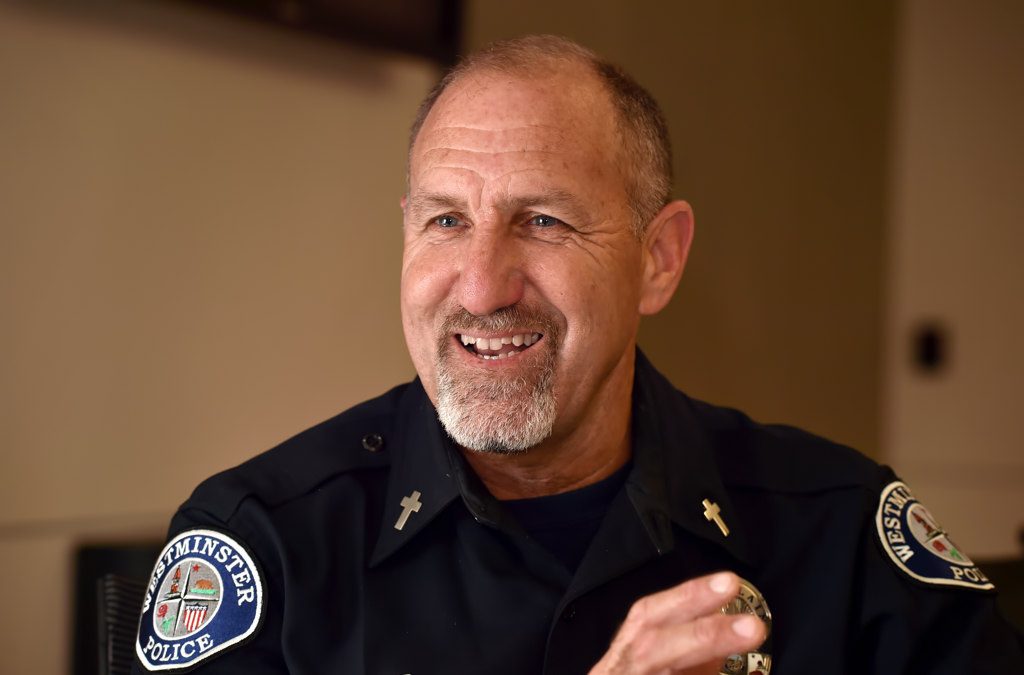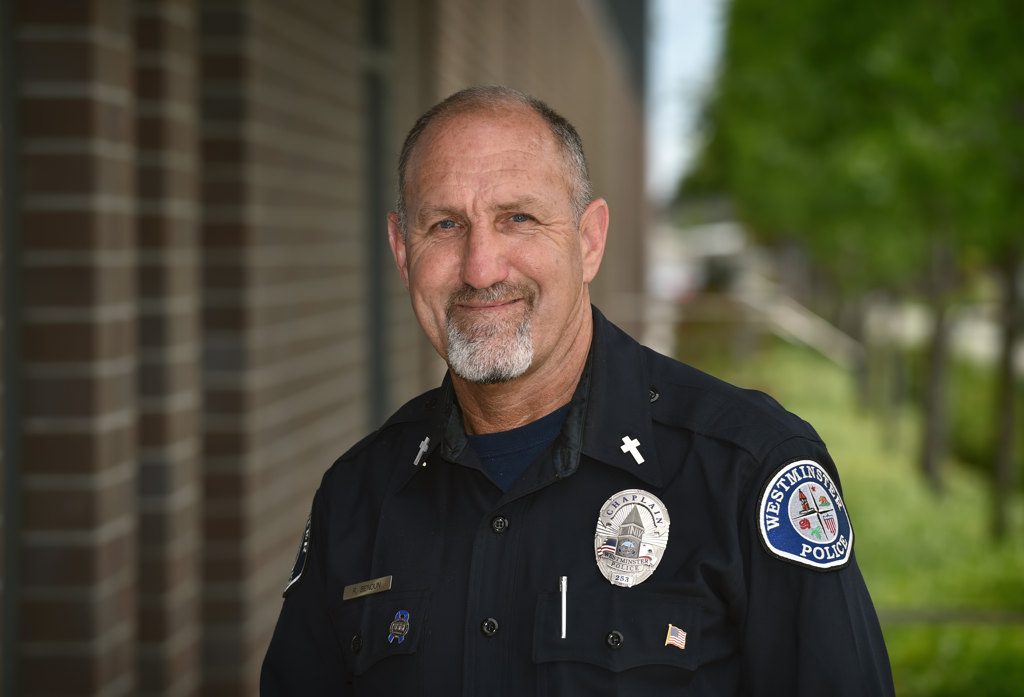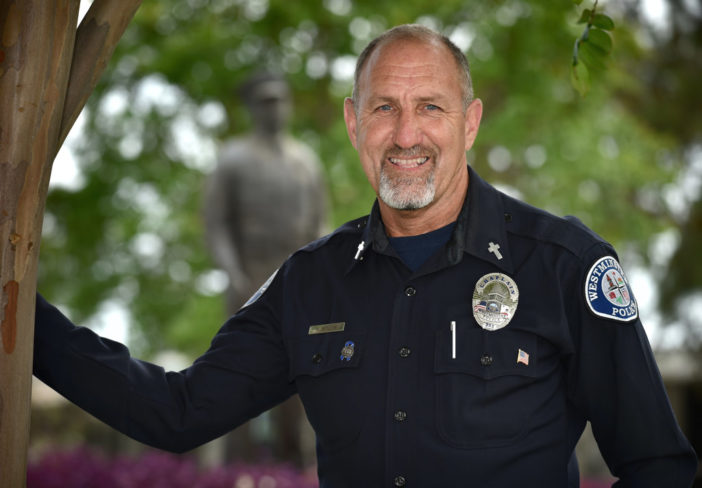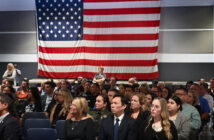In his nearly 20 years as a police chaplain at Westminster Police Department, Pastor Robert Benoun has witnessed both tragedy and celebration.
He’s married about eight WPD officers to their spouses – even making one trip out to Hawaii.
And he’s been on countless calls to assist officers at scenes where deaths have occurred.
Regardless of the situation, one thing he’s learned about being a chaplain is the importance of listening.
“Just be an understanding ear,” he said.
One of five WPD chaplains, the Calvary Chapel Pacific Coast pastor started working with the agency at the encouragement of a sergeant at the time.
Growing up with an uncle who was a California Highway Patrol officer, Benoun had actually once considered a career in law enforcement – he’d even been accepted into the physical and psychological evaluation portion of the process for becoming a CHP officer – but “the Lord opened another door.”
And now he has the “best of both worlds.”
Visiting the station at least weekly, plus a monthly ridealong with a patrol officer, Benoun has worked to build trust with all employees over the years. The idea is for officers and others in the department to know he and the other chaplains are available to listen and talk through emotions after tragic incidents, as well as other things they might have on their minds.

Westminster PD Chaplain Robert Benoun.
Photo by Steven Georges/Behind the Badge OC
“It’s also a ministry of presence – just being there,” he said.
Benoun also can be spotted at various police events to officially begin ceremonies with an invocation. And though Benoun is a pastor, his duty as chaplain is not specifically religious in nature – it takes on a more spiritual tone.
“Chaplaining is not telling people what we believe – it’s assuring people in what they believe,” he said.
Community outreach on police calls are just as much a part of his work as being there for officers. Just in the past couple of weeks, he’s had three tragic call-outs – a fatal traffic accident, a drug overdose and a residential death with causes unknown. His role during these calls is assisting officers the best he can.
“Especially if there’s an emotional scene and [officers are]trying to get information,” he said. “We help with the emotion [aspect].”
Chaplains answer family member questions about police procedure – especially regarding a death in the family. Benoun will stay out at a call as long as he’s needed – they can range from an hour to five hours. In fact, he was out at the fatal accident scene two weeks ago for about six hours.
“I was just able to go down to talk to [the family]… let them know what was happening,” he said.
In some situations, he’ll also accompany officers on death notifications.
Officer-involved shootings are another time a chaplain will be called out.
Benoun said he himself deals with the emotions of these situations in much the same way officers do – a compartmentalization of sorts. His job is to help officers to work through those emotions so they don’t build into something deeper and harder to deal with like post traumatic stress disorder.
He said part of the process is encouraging them to have a life outside of work.
“To differentiate with what they do for work and their life is huge,” Benoun said.

Westminster PD Chaplain Robert Benoun: “We’re spiritual care in the community.”
Photo by Steven Georges/Behind the Badge OC
Benoun himself has his own set of people he can talk to, including his wife and the other chaplains.
“My wife’s a great counselor,” he said.
He loves his work as a chaplain and hopes to continue to serve the needs of the agency and community for years to come.
“We’re spiritual care in the community,” he said of the chaplains.
 Behind the Badge
Behind the Badge



